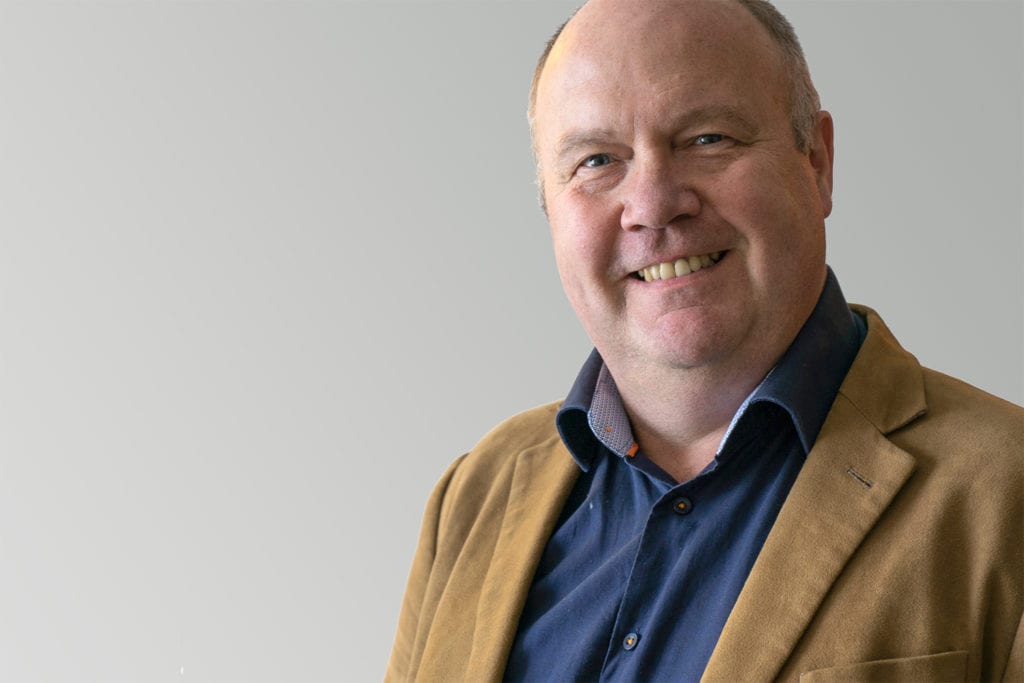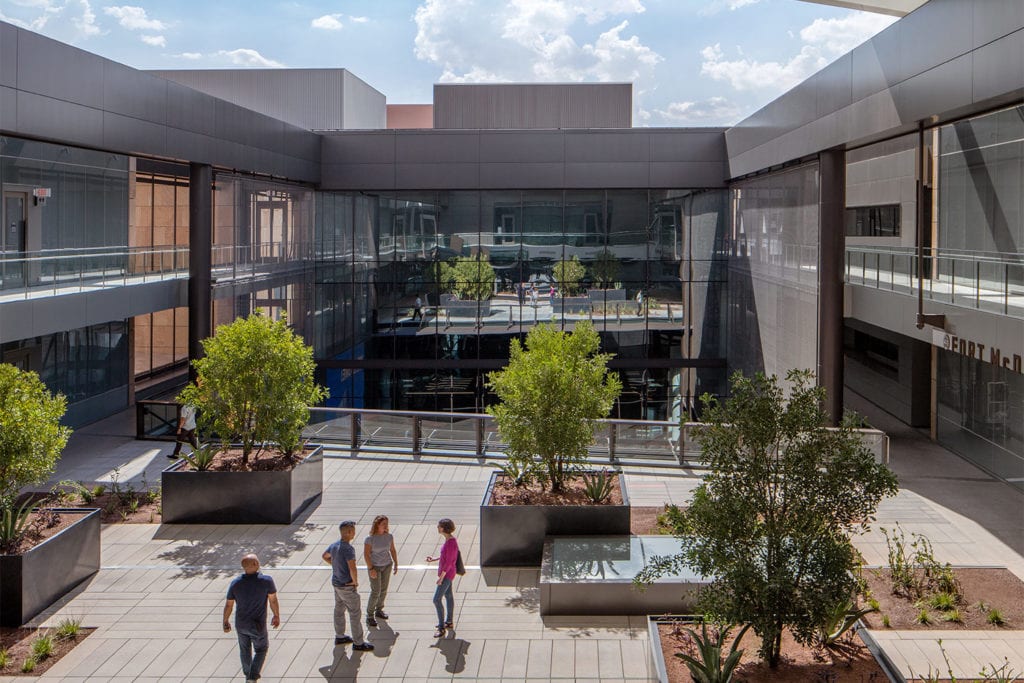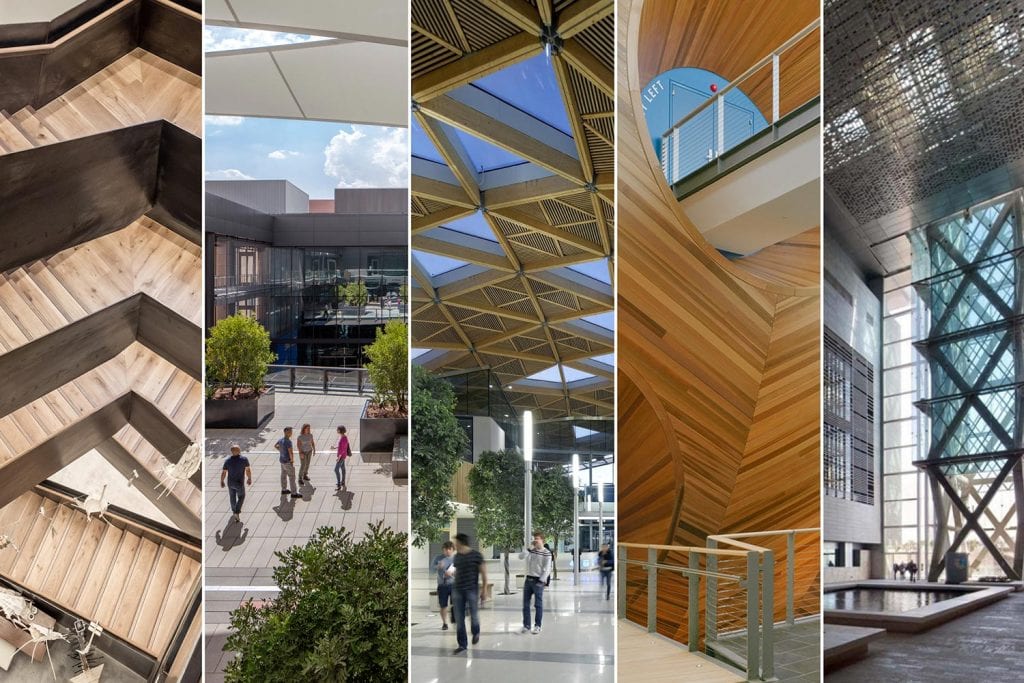The exciting possibilities of happier and healthy universities
Education is key to defining the future of our societies. The majority of tomorrow’s leaders will be shaped and influenced by their university experience. Additionally, in many major cities the student population is vast, often representing more than 10% of the inhabitants.

So how can universities, with their significant power as institutions, shape a generation which will help us move towards a happier, healthier and more prosperous future? These are some of the themes that were discussed at the EAUC (Environmental Association for Universities and Colleges) conference which focused on the role of education in creating healthier, happier cities.
Prof David Orr’s keynote outlined that a key principal of sustainability is the need to “build bridges across the boundaries that separate us”. The conference brought together academics, estates teams, sustainability managers, vice chancellors, and consultants from a whole range of backgrounds. Therefore the conference itself was beginning to address one of the key principals of sustainability.
At the event our very own Austen Bates, Phil Hampshire and Mike Entwisle gave two talks. In the first presentation, “Designing Healthier, Happier Experiences and More Productive University Buildings,” Phil and Austen turned the conference theme on its head, focusing on how happier, healthier places can play a key role in enabling and enhancing education. Research demonstrates that the environments in which students and researchers learn and work can have a significant impact on their health and wellbeing. For universities, this can impact on the performance of teaching staff and also the experience of students; a key metric for universities.
Ultimately, much of this has to be put in the context of the subject of the UK Government’s recent white paper which repeatedly stresses the role of education in developing the UK’s knowledge economy and improving the UK’s productivity. Through, considering how the various elements of design can be integrated to create bright, airy, comfortable spaces with acoustics that support learning, teachers are better placed to teach, and students better able to learn. Taken collectively, we believe that improving the quality of the environment in which students learn can help the UK in its further development as a knowledge economy.
In the second talk, Mike, Phil and Chris Abbot (Director of Facilities, University of the West of England), looked at one strand of our research into spaces that attract and nurture talent. This research explores the opinions of Students, Estates Directors and other Senior HE decision makers including Vice Chancellors and through our ongoing survey programme has already reached over 1200 students in the UK and abroad. The talk focused on, “If students were in charge of their university estate, what would they do?”
A key finding was that students felt that their University buildings and estates supported single discipline teaching and research significantly better than cross discipline working. Considering the complexity of the challenges that we face as a society and the need to integrate different disciplines, this is a key consideration for the future development of estates. Many other fascinating themes emerged from the data; these are shown in the graph below.

The presentation then focused on the 5 most frequently noted themes.





What emerged from the survey and the conference was that student expectations are changing, and that UK universities are working hard to keep up with many emerging trends. Driven by higher fees and an increasingly competitive world, students are demanding that their university buildings and campuses offer great, aspirational spaces. Whether they are aware of the research that demonstrates that good design that provides natural light, fresh comfortable environments with views of nature can help them learn quicker and improve their achievement is insignificant. They want it anyway and it is influencing their decisions of where to study and their university experiences.
To find out more about our on-going research into the higher education sector find contact details in the ‘talk to us’ section. We’d love to talk to you about the some of the topics below:
- Want to understand what students think about your university estate?
- Want to be part of our Higher Education Senior Decision Maker Interview Series?
- Want to know more about the findings of the Interviews / Survey?



